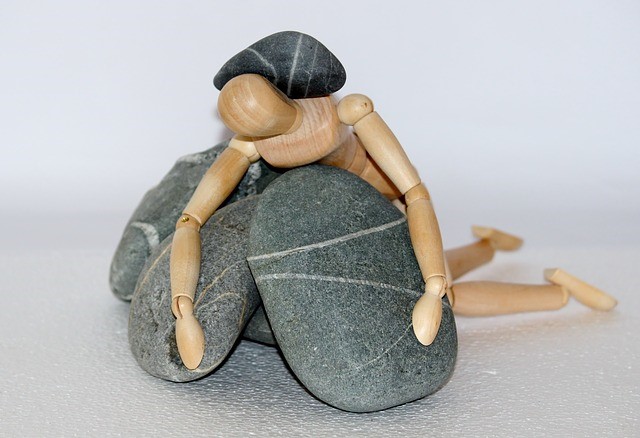
“If you do not change your direction, you will end up exactly where you are headed.” –Chinese proverb
I talk a lot about behavioral change on this blog. I do this for two reasons:
- It’s really important.
Becoming better is largely about what you do or don’t do. Whether or not you reach your goals usually comes down to what you do or don’t do. If you’re not happy with the way things are going, you’ll probably need to change course. But surely you know that already, which brings us to the second reason…
- It’s really hard.
Changing what you do is profoundly difficult. If it were easy, we would all be model-citizens: healthy, productive, and frugal. But people often make the mistake of thinking that it should be easy just because it is simple. And it’s true that behavioral change is usually quite simple. There’s nothing complicated about exercising more, eating less empty calories, not drinking, or sitting down to meditate. But simple and easy are not the same thing.
So we need to talk about why behavioral change is so hard and what you can do about it. And to do so, we’ll use the lens offered by Stephen Pressfield with this, my most favorite of quotes:
“The problem is not you.
The problem is the problem.
It’s hard because it’s hard.
The solution is mechanical.
Work the problem.”1
If you’re struggling to change a behavior, that’s normal. There’s nothing inherent to you that makes change impossible. Humans may be the most adaptable species on the planet, the ones most capable of change, but that doesn’t mean change comes easily. It doesn’t. Not for you, not for anyone. The problem of behavioral change is a universal struggle. There’s no shame in having a hard time.
“The problem is not you.”
If you’re trying to exercise more regularly, then that is the problem. If you’re trying to eat less sugar, then that is the problem. If you’re trying to start meditating, then that is the problem. If you’re trying to quit alcohol, then that is the problem. These problems are all outside of you, distinct from you. They can be observed dispassionately, broken down, and solved.
“The problem is the problem.”
Behavioral change is just plain hard. If doing all the things that are best for us were easy, everyone would already be doing them. If getting in shape were easy, no one would hire a personal trainer. If getting sober were easy, AA wouldn’t exist. If habit formation were a breeze, no one would hire me to help them. So why is behavioral change so hard?
You’re familiar with the principle of inertia, right? (An object in motion tends to stay in motion, while an object at rest tends to stay at rest.) This isn’t just a rule for physics; it’s also a rule for psychology. Humans naturally continue doing whatever it is they’ve been doing. We are capable of changing, but we usually don’t. Your current habits have the momentum of a speeding locomotive; they’re not easy to stop.
Neurologically, this is because your brain wires itself according to your behavior, and neural connections that get used repeatedly get thicker and stronger. These wires become the neurological path of least resistance, so our behaviors are drawn there as rainwater on a hillside is drawn into a deep channel. (Remember “The River?”) To change your current behavior is to fight this natural tendency, and that is very hard indeed.
“It’s hard because it’s hard.”
Most people fail at behavioral change because their strategy is to use brute-force willpower to change, and that’s no strategy at all. The correct response to the challenge of behavioral change is to be clever. You can adopt effective strategies and cultivate helpful mindsets. You can employ tools and tactics that take advantage of how the brain works, such as calendar chains and The 20-Second Rule. You can get smart about willpower. You can ask for help. You can hire a habit coach (me).
“The solution is mechanical.”
Behavioral change is a process of rewiring your brain, which takes time and repeated effort. Like building muscles, improving the physique of your grey matter is a slow and steady process. Bad habits don’t disappear overnight, and new habits take weeks or months to solidify. And changing what you do ultimately changes your identity, your sense of self. To do that, you have to repeatedly prove to yourself who you have become through your changed behavior.
“Work the problem.”
So behavioral change is hard, in part, because we often fall for the lie that we are the problem. If we believe there’s something permanently wrong with us, then we’ll have no motivation to proactively seek out solutions and get to work. And it is this particularly unhelpful belief that keeps people stuck living lives they’re not proud of, never discovering or unleashing their incredible human potential.
1 Pressfield, Stephen. Do the Work: Overcome Resistance and Get Out of Your Own Way. Do You Zoom, Inc., 2011.
